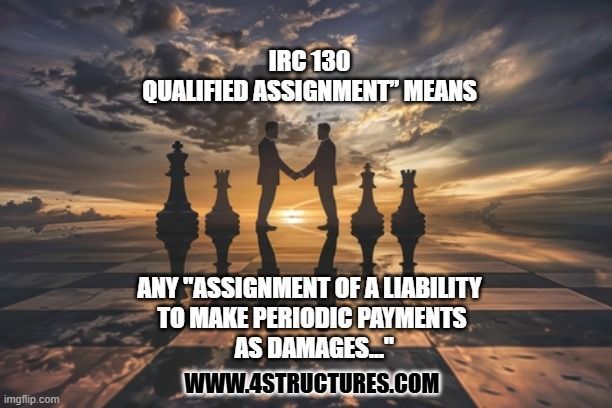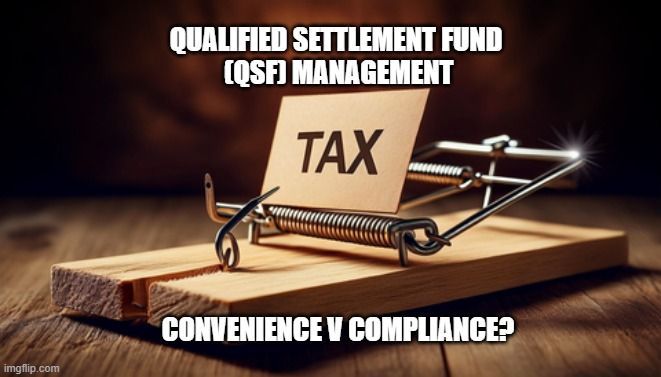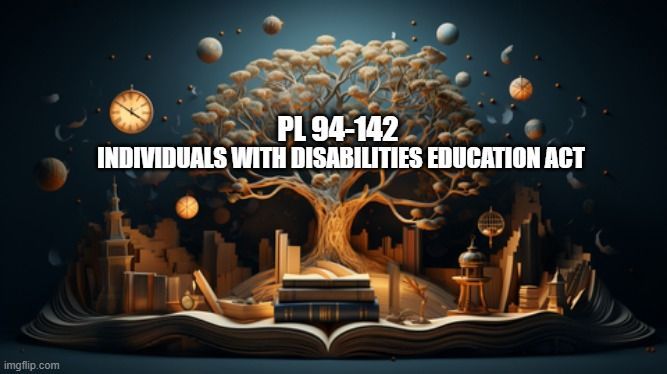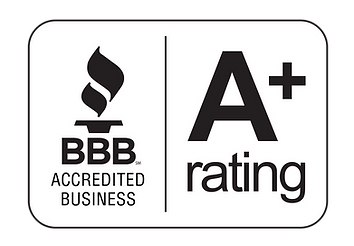In addition to a filing by Aretha's four sons, Franklin's niece has asked the court to appoint her as a
personal representative of the estate,
the Detroit Free Press has reported.
It said under Michigan law, if an unmarried person dies without a will,
his or her assets are divided equally among any children.
Franklin's
lawyer has represented her in entertainment matters for nearly three
decades, and told the paper that he constantly asked her to do a trust,
but she never got around to it."I
was after her for a number of years to do a trust," Los Angeles
attorney Don Wilson told the paper. " It would have expedited things and
kept them out of probate and kept things private."
Franklin is not alone.
Here is a list of some notable people and celebrities who died intestate.
- Jimi Hendrix
- Bob Marley
- James Brown
- Barry White
- Abraham Lincoln
- Nate Dogg
- Stieg Larsson
- Sonny Bono
- Pablo Picasso
- DJ AM
- Prince
- Michael Jackson
- Steve McNair, NFL QB
- Howard Hughes
- Amy Winehouse
- Martin Luther Ling Jr
- Kurt Cobain
- Tupac Shakur
What is a Will?
A will is a legal document that sets forth your wishes regarding the distribution of your property and the care of your children. To maximize the likelihood that your wishes are carried out, you want a will that is set forth in writing, and signed by you and your witnesses .
Without a will, the division and distribution of
your estate is governed by the laws of intestacy in your state.
If
you are survived by a spouse and children, your estate is usually
divided between your spouse and children, for example in Pennsylvania 50% spouse, 50% children. New York's intestacy laws provide that the surviving spouse will inherit the first $50,000 of the deceased spouse's probate estate and then of the remainder 50% to the surviving spouse and 50% to the other descendants,
per stirpes
.
If you have only children
(or grandchildren), the estate is divided among your children (and
grandchildren).
If you have neither spouse, children, nor
grandchildren, the estate is distributed to your parents, brothers
and sisters, grandparents, aunts and uncles, or cousins, depending
on who survives you.
A person must be appointed to serve as the
administrator of your estate, to collect and marshal your assets and settle your
estate. That person must act in a fiduciary capacity.
Single parents may wish to consider these consequences of dying without a will
- If you have minor children who
inherit from you, a court will appoint a guardian for the children's estates
(also known as "guardian of the property", until they reach the age of majority.
- If you have minor children and your husband or wife did not
survive you, a court will appoint a guardian for their persons
.
















